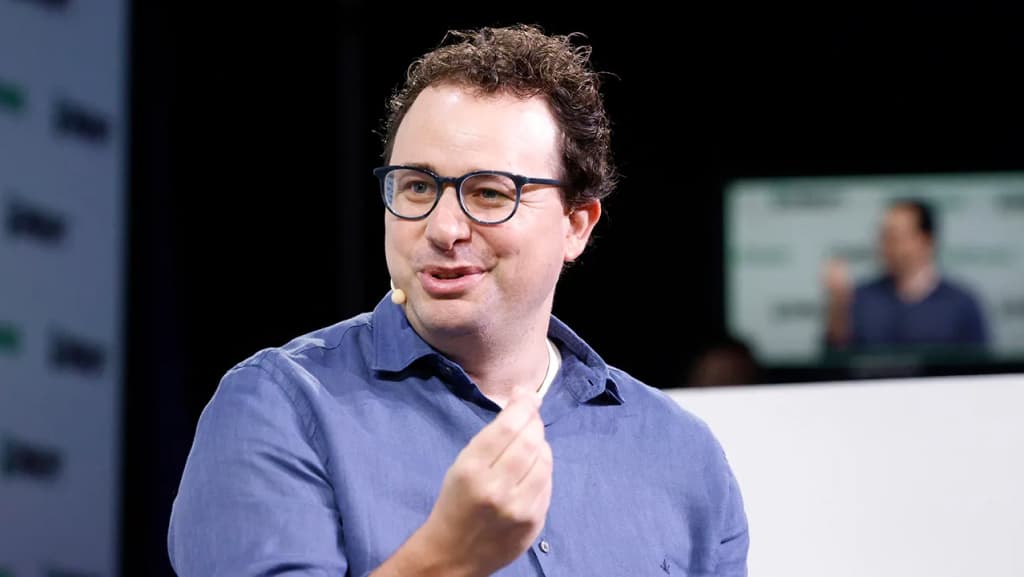
Anthropic’s Surprise Settlement With US Authors Reshapes AI Copyright Fight
Amazon-backed startup avoids trial over pirated books; deal may influence but not define looming lawsuits against OpenAI, Meta, and Microsoft.
Anthropic's class-action settlement with a group of US authors this week marked a first in the generative AI copyright wars, but legal experts say the case’s unique circumstances complicate its potential impact on ongoing lawsuits against other companies such as OpenAI, Microsoft, and Meta Platforms.
Amazon-backed Anthropic was under particular pressure, with a trial looming in December after a judge found it liable for pirating millions of copyrighted books. The terms of the settlement, which still require judicial approval, have not been disclosed. US courts are only beginning to grapple with novel copyright issues tied to AI training, and many defendants may still hold out for favorable rulings.
Anthropic faced extraordinary risk, with potential damages of up to $1 trillion in a worst-case scenario, according to Cornell Law School professor James Grimmelmann. “It’s possible this settlement could be a model for other cases, but it really depends on the details,” he said.
The authors accused Anthropic of copying millions of books without permission or compensation to train its AI assistant Claude. The company countered that its actions were protected by the doctrine of fair use, which permits certain uses of copyrighted works without approval.
In June, US District Judge William Alsup in San Francisco ruled that Anthropic made fair use of the authors’ works for AI training but violated copyright law by storing pirated books in a “central library” not strictly used for training. That ruling left Anthropic exposed to billions in damages at trial.
On Tuesday, the parties told the court they had settled in principle — the first such agreement in a generative AI copyright case. Alsup has ordered them to submit details by September 5.
Duke University law professor Chris Buccafusco said he was surprised Anthropic chose to settle despite the fair-use ruling in its favor. “Given their willingness to settle, you have to imagine the dollar signs are flashing in the eyes of plaintiffs’ lawyers around the country,” he said.
Anthropic, the plaintiffs’ attorney, and Universal Music Group -- which is suing the company separately over alleged misuse of song lyrics -- did not respond to requests for comment. OpenAI, Meta, and Microsoft also declined to say how the settlement might affect their own litigation.
The central legal issue remains fair use, an evolving doctrine with no definitive appellate rulings in the AI context. Grimmelmann noted that Anthropic’s settlement eliminated an early opportunity for a federal appeals court to set binding precedent, potentially shaping a path to the US Supreme Court.
Meanwhile, rulings in related cases underscore the uncertainty. Just days after Alsup’s decision, US District Judge Vince Chhabria, presiding over a similar case against Meta, suggested that AI systems might unlawfully “flood the market” with replacements for authors’ work, though he ultimately ruled for Meta on narrower grounds.
Dozens of AI copyright cases remain pending, and experts predict no major fair-use decisions until next year. The uncertainty could push more companies toward settlements — or encourage them to hold out for a decisive victory, similar to Google’s win in the Google Books fair-use case in 2015.
“The one thing that was clearly going to help was an across-the-board, as-a-matter-of-law fair use ruling,” Buccafusco said. “That would have been the real solution for all AI platforms.”
For any enquiries please fill out this form, or contact info@thelawreporters.com Follow The Law Reporters on WhatsApp Channels